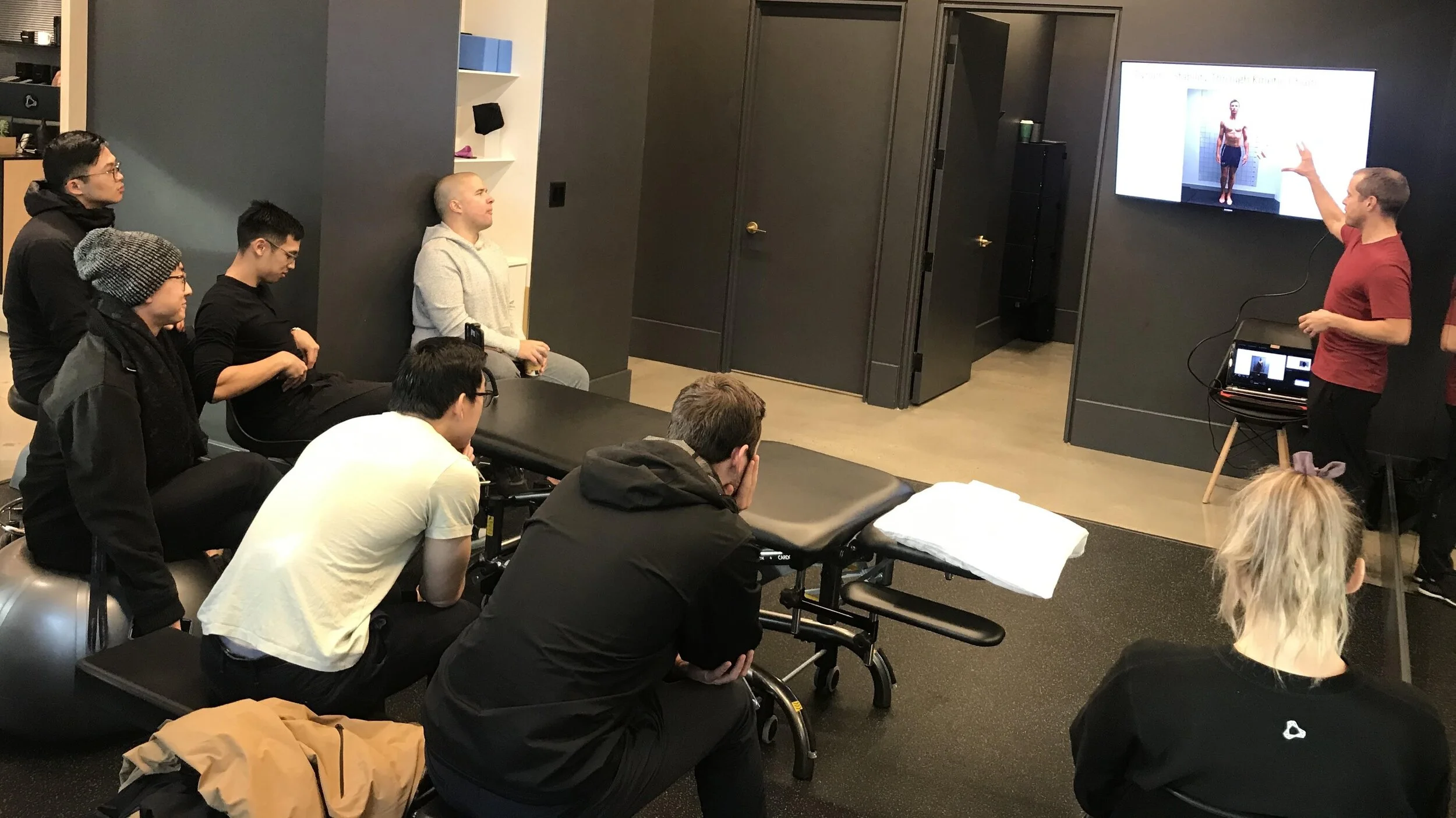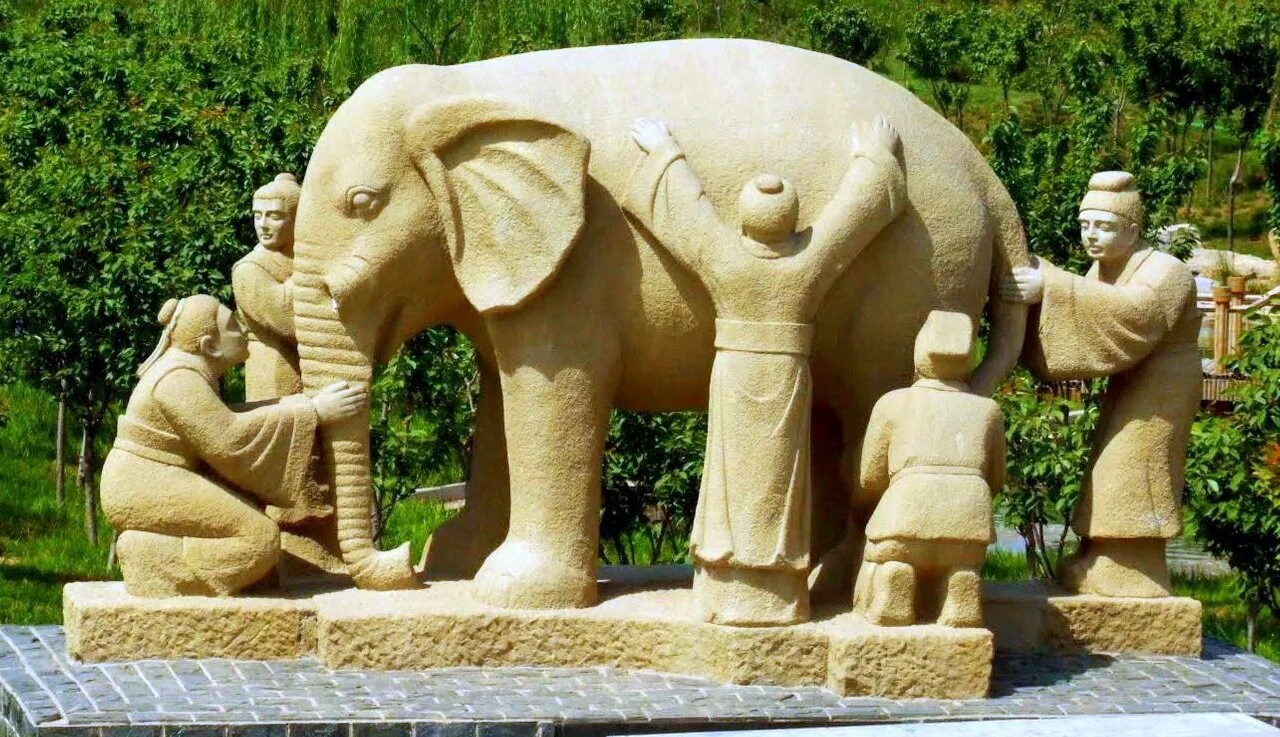Every now and then a new concept spreads like wildfire and is soon adopted at scale by organisations and professionals within a given domain. This is a scenario that seems to be especially prevalent within professional sport and the performance sciences in general. Initially early adopters are drawn in by an appealing message and a story that they find compelling. As the idea gathers steam, the growing uptake seems as much motivated by anxiety and the sense that ‘everybody else seems to be into this, so perhaps I should be too’. In due course the concept becomes firmly established and its legitimacy is widely accepted. For those caught up by this wave (or mown down by it) this all seems to occur with dizzying speed. All of this speaks to the captivating effects of ideas and the power of narratives. It also begs the question how might we avoid being taken captive and resist being swept up by the tide. Even once the wave has subsided, these events leave in their wake a detritus of zombie ideas that we as leaders, coaches and practitioners must navigate thereafter.
What You See Is Not All There Is
To explain the title, one of the most common cognitive biases in how we see the world is encapsulated as ‘what you see is all there is’. In other words, we have a tendency to overlook what is not immediately visible or obvious. We tend to assume that what we see in full view constitutes the only aspects at play. We are slow to consider that there might be additional unseen factors at work that might lead us to an alternative explanation for what we are seeing. In most circumstances we are dealing with incomplete information and there is always some degree of uncertainty and ambiguity involved in human performance. These are not bugs in the system that must be fixed, but rather features that we need to learn to navigate.
Honing Professional Judgement and Decision-Making
Coaching is characterised as a judgement and decision making process. Practitioners and indeed most professionals who work in human performance are de facto coaches of humans. As such, the quest that unites coaches in different sports and practitioners across disciplines is to develop our professional judgement and our ability to make better choices and decisions over time. There is no endpoint to this journey and so the need to continually hone our judgement and decision making applies irrespective of what stage we are might be at in our career. That said, the question of how we best develop these skills for practitioners at the start of their career versus catering for these aspects in continuing professional development thereafter will likely require different solutions.
Beyond the Bubble: The Utility of a Neutral Third Party
One of the problems with our natural preference for those who think as we do is the tendency to find ourselves in an echo chamber. Leaders can of course combat this by recruiting for cognitive diversity, but even within a diverse group our thinking inevitably tends to become socialised as a natural consequence of spending time in the company of the same group of people. Our colleagues will also to some degree share the same biases and are subject to the conventions that are inherent to the sport. Professional sport in particular is a bubble - at present quite literally, but even under usual circumstances. It follows that it is important that we escape the bubble periodically. A related countermeasure is to strategically enlist a neutral third party to break up the usual routine and expose team members to perspectives from outside the bubble at regular intervals. Engaging with an outsider can serve a performance staff in a number of different ways as we will explore.
Continuing Our Education
As many practitioners will testify, it is after we have completed our formal education, professional training and certification that the real learning begins. The day to day experience of solving problems with live humans is when we discover the limits of our knowledge. It is also here that we find out that the reality is quite different to what is taught in class and the version that appears in (most) textbooks. Individuals, organisations and certifying bodies alike recognise this need to continue our learning once we are working in our respective field. The terms continuing education, continuing professional development and variations thereof will be familiar to most practitioners across disciplines (sadly it is not so well established in the coaching profession). What is less clear is how we might best tackle this ongoing quest and make good choices from the growing array of options with regards to content and the modes of delivery that are available to us.
Triangulating a Position
As the value of cognitive diversity becomes more recognised, what is striking is how slow we have been to realise the need to revise our habitual ways of consuming information and interacting with those who hold contrary views. Whilst pioneers who think different are celebrated in modern western culture, in reality we are far less amenable to entertaining disagreement and diverging ideas. In the professional and academic realm we are quick to follow an authority and align with a school of thought. The hordes are likewise quick to leap into the breach to defend the doctrine against perceived challenge or dissenting views. If anything debates in all circles are increasingly polarised, as the assembled masses flock to either one side or the other. We might appreciate cognitive diversity on a conceptual level, but on a practical level we are clearly not there yet. So what steps can we take to enjoy the benefits of cognitive diversity and open our minds to the possibilities as we form our opinions?
Special Post: 'The Illogic of Being Data Driven'
In the digital era there is a great onus on being ‘data driven’ across all domains. The drive to be objective and to quantify input and output is eminently understandable. The well-worn phrase that gets thrown around is ‘how can you manage something if you don’t measure it?’. We do however need to be very careful about what metrics we use as a proxy for the thing we are attempting to evaluate. There is inevitably a separation between the measure we can objectively quantify and the complex entity that it represents. We need to be very confident about the specificity and sensitivity of the particular measure in relation to what we are seeking to evaluate, to avoid false positives (detecting something that isn’t there) and false negatives (failing to detect something that is there). On a more fundamental level, complex phenomena defy simple measurement.
Fostering Diversity of Thinking
Divergence of opinion has traditionally been viewed in less than positive terms: when x and y don’t see eye to eye on a particular subject, this is generally seen as problematic. By extension, we hear of the virtues of assembling a group of ‘like-minded’ individuals. Organisations typically promote compromise and conformity as virtues to foster harmony and unity within the group. Contrary to this, the wisdom of crowds illustrates the benefits of aggregating judgements from a broad and disparate group of individuals. To further strengthen the case for diversity of thought and experience, ‘cognitive diversity’ is in fact found to be the major factor that differentiates successful teams and organisations. In this Informed Blog, we explore the paradoxical ways diversity and divergence are conceptualised, and see what lessons we can take on a group and an individual level in the context of sport.
A Wake Up Call on Sleep
Sleep is essential to sustaining life. Yet the majority of us are casually dismissive when it comes to sleep. We routinely deny ourselves this most critical sustenance of our own volition. The attitudes towards sleep among high performing individuals in different realms and society in general are quite baffling. We also largely fail to make the connection between the reckless lack of care and attention we give to our sleep and the dizzying array of consequences that inevitably follow. Objectively this behaviour is bizarre, and our failure to prioritise sleep defies logic. With this latest Informed Blog we explore the myriad ways you lose when you don’t snooze sufficiently.
Traits of Elite Coaches and High Performing Practitioners
In this latest offering we explore some of the traits that differentiate the best coaches and practitioners in their fields. One disclaimer before we start is that this post is based on observational study. To some degree the themes we explore reflect wisdom shared by prominent individuals via different forums and media. However, I unapologetically give more weight to traits and behaviours that I have directly observed. I have been fortunate to interact with a representative sample of these exceptional individuals across multiple sports in various contexts; this has provided the opportunity to see how they approach their work with ‘live’ athletes in different scenarios, as opposed to how individuals claim they act and operate in practice. The themes we explore are therefore more a product of this direct observation, rather than simply distilling what has been presented elsewhere.














